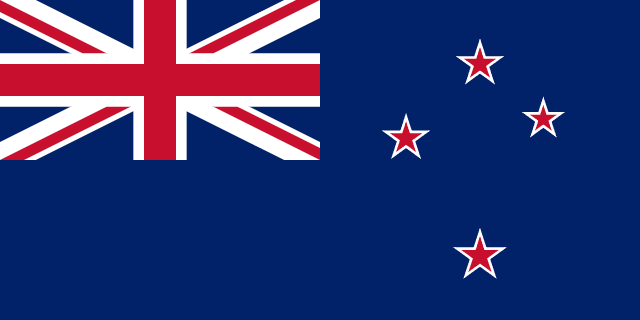SMS Regulations
Why Regulations Matter
To guarantee message delivery and remain legally compliant, all businesses—local or international—must follow national telecom SMS regulations, which involve registering Sender IDs, securing opt-in consent, and observing permitted hours for promotional messages.
Local SMS Regulations
SMS Regulations for Local Companies
- Sender ID messaging is not supported in New Zealand.
- To send messages, brand registration with network operators is mandatory.
- After registration, a dedicated short code will be assigned for sending and receiving messages.
- Separate short codes are required for transactional and promotional traffic — one code cannot be used for both.
- Details required for short code registration: Sender ID Company Name Website Traffic Type (Transactional/Promotional) Sample Message Content Opt-out Details
- Charges applicable: One-time registration fee Monthly recurring fee for the short code
International SMS Regulations
SMS Regulations
for International Companies
Sender ID messaging is not supported in New Zealand.
To send messages, brand registration with network operators is mandatory.
After registration, a dedicated short code will be assigned for sending and receiving messages.
Separate short codes are required for transactional and promotional traffic — one code cannot be used for both.
Details required for short code registration: Sender ID Company Name Website Traffic Type (Transactional/Promotional) Sample Message Content Opt-out Details
Charges applicable: One-time registration fee and Monthly recurring fee for the short code
Universal Best Practices
Best Practices for All Senders
Do's
Send only to users who opted in
Include free opt-out methods (link or SMS)
Use HELP/STOP keyword in user’s language
Maintain sender brand consistency
Follow message length limits
Dont's
No political, gambling, or religious content
Don’t message DND-listed numbers
Avoid generic Sender IDs
Never skip Sender ID registration
Don’t send during restricted hours


